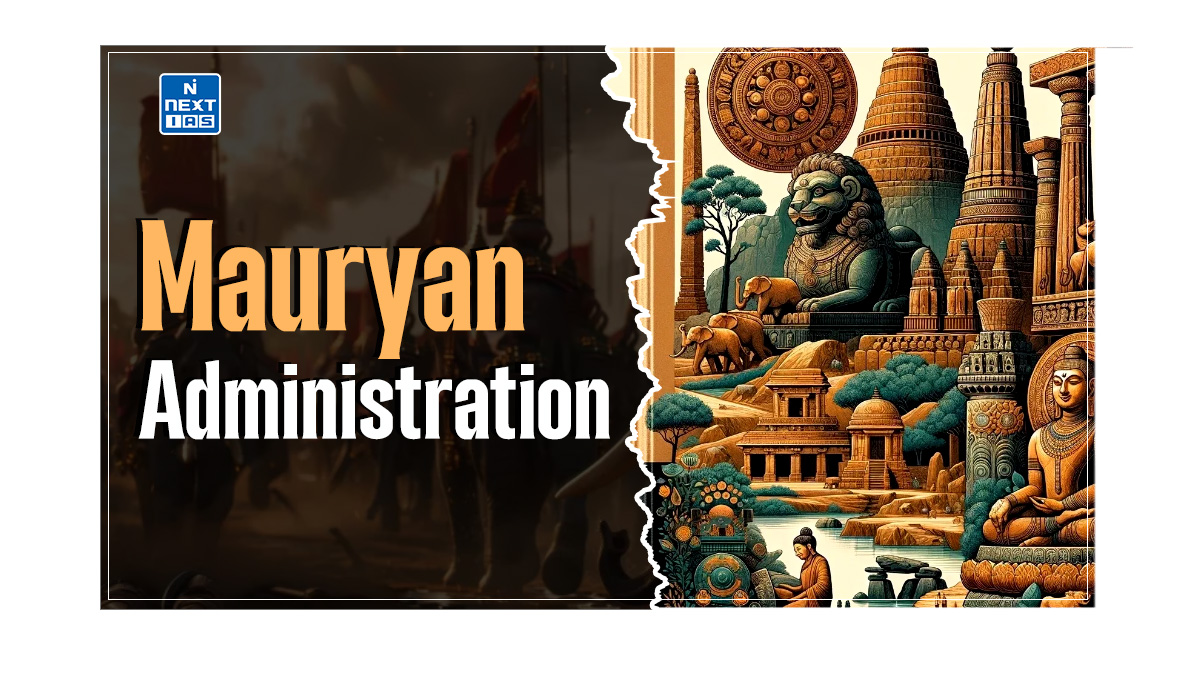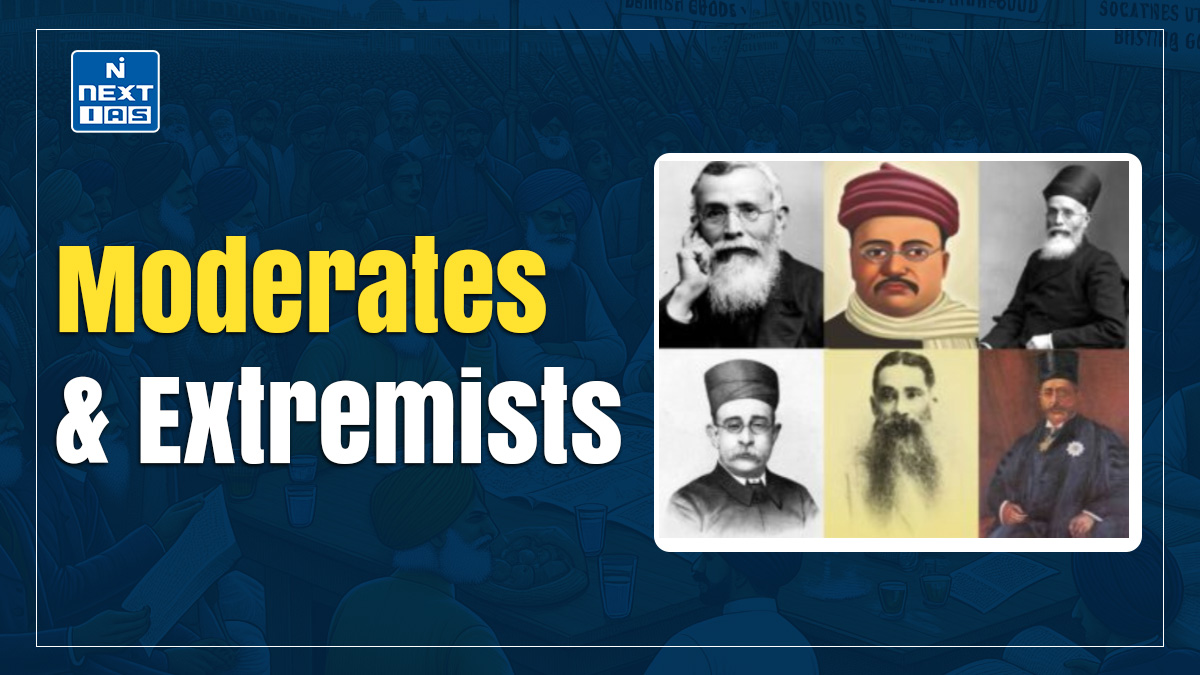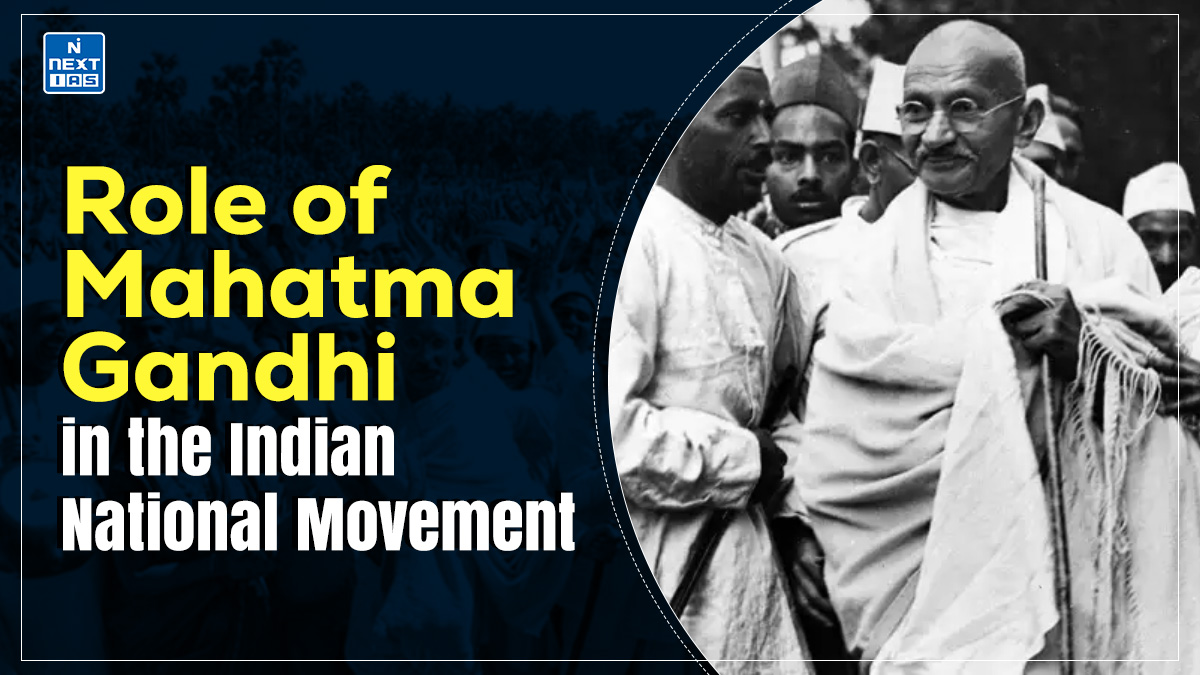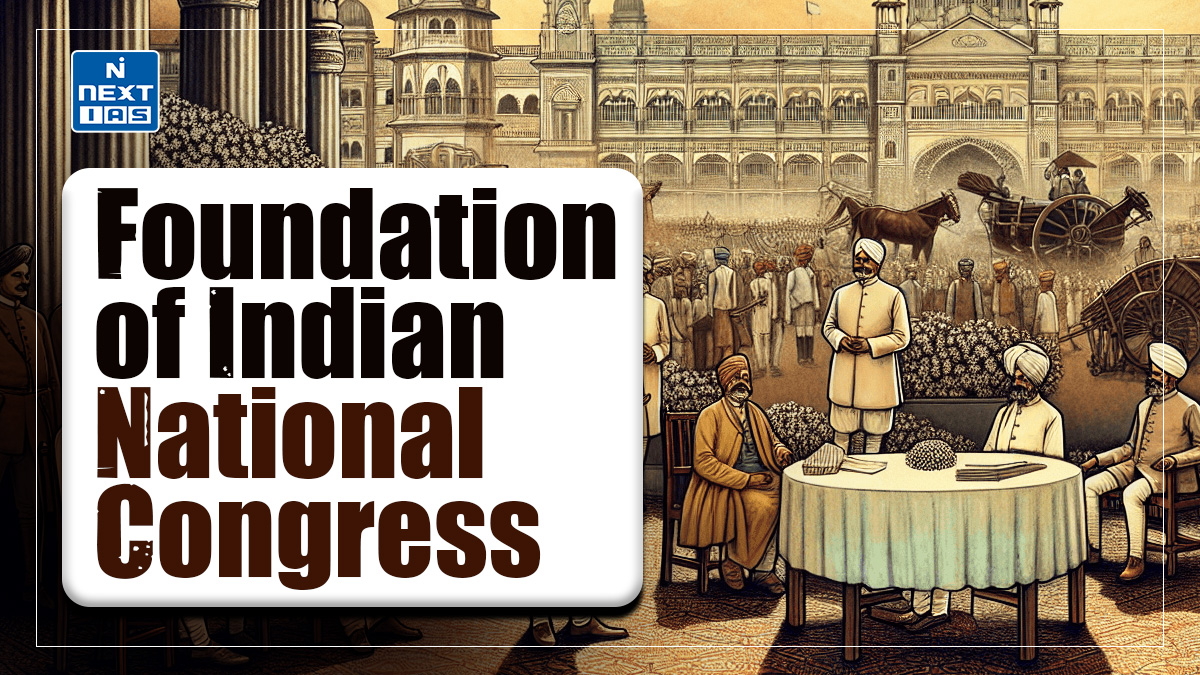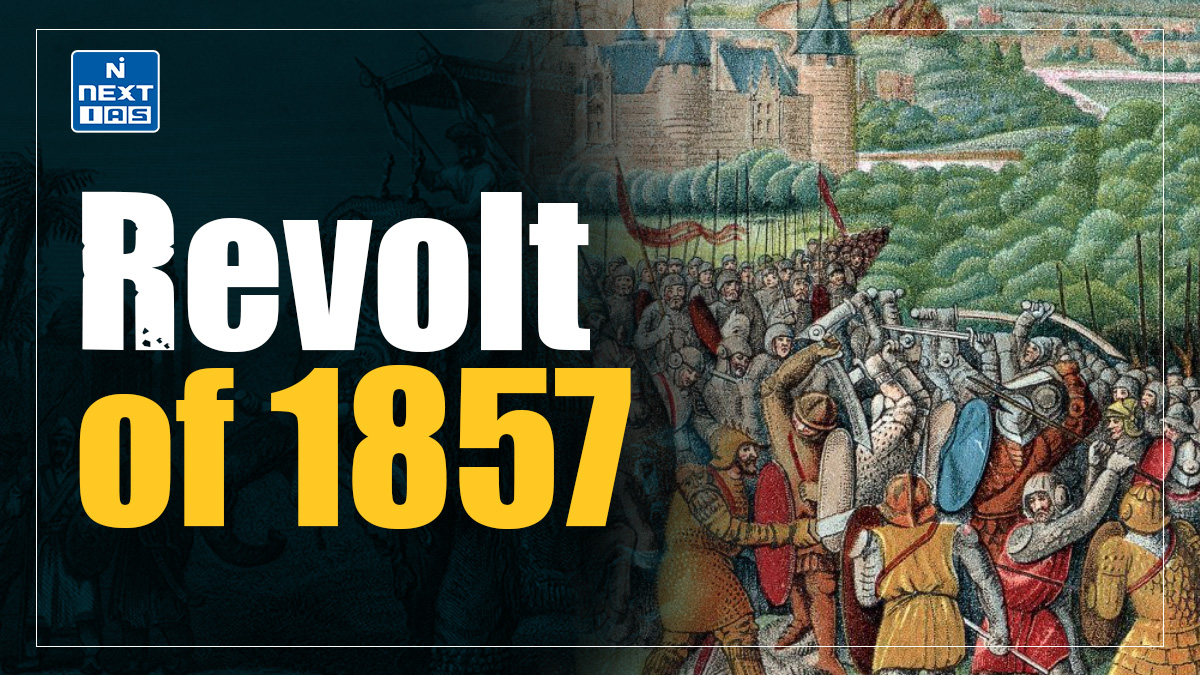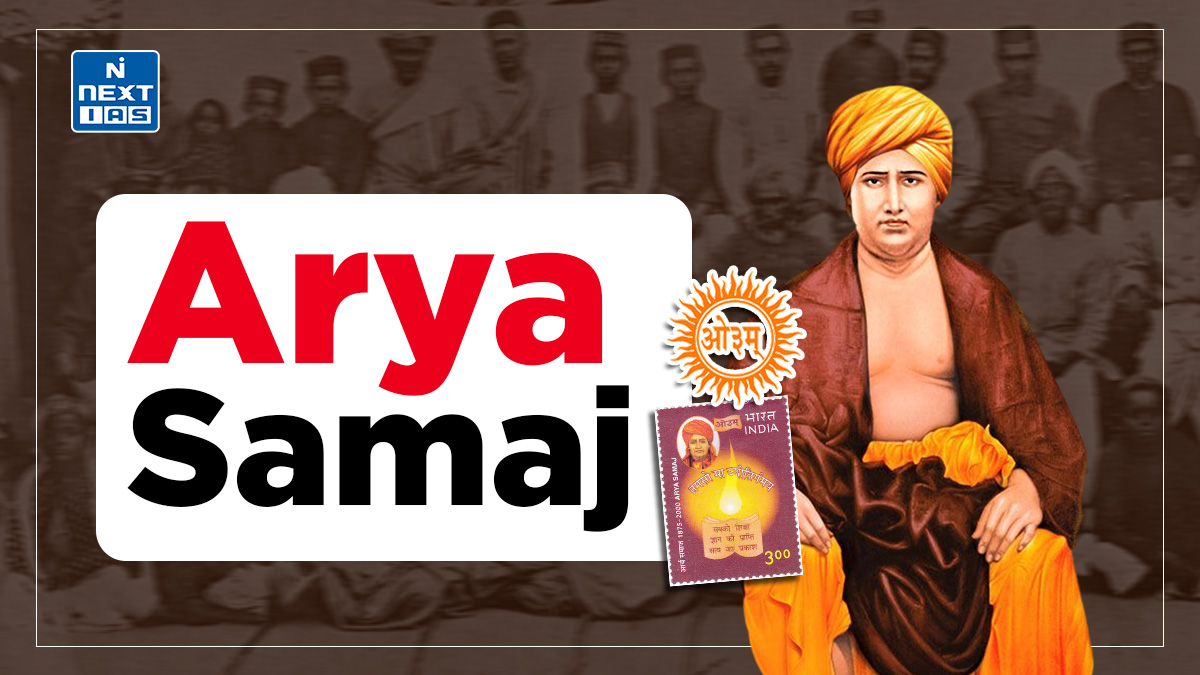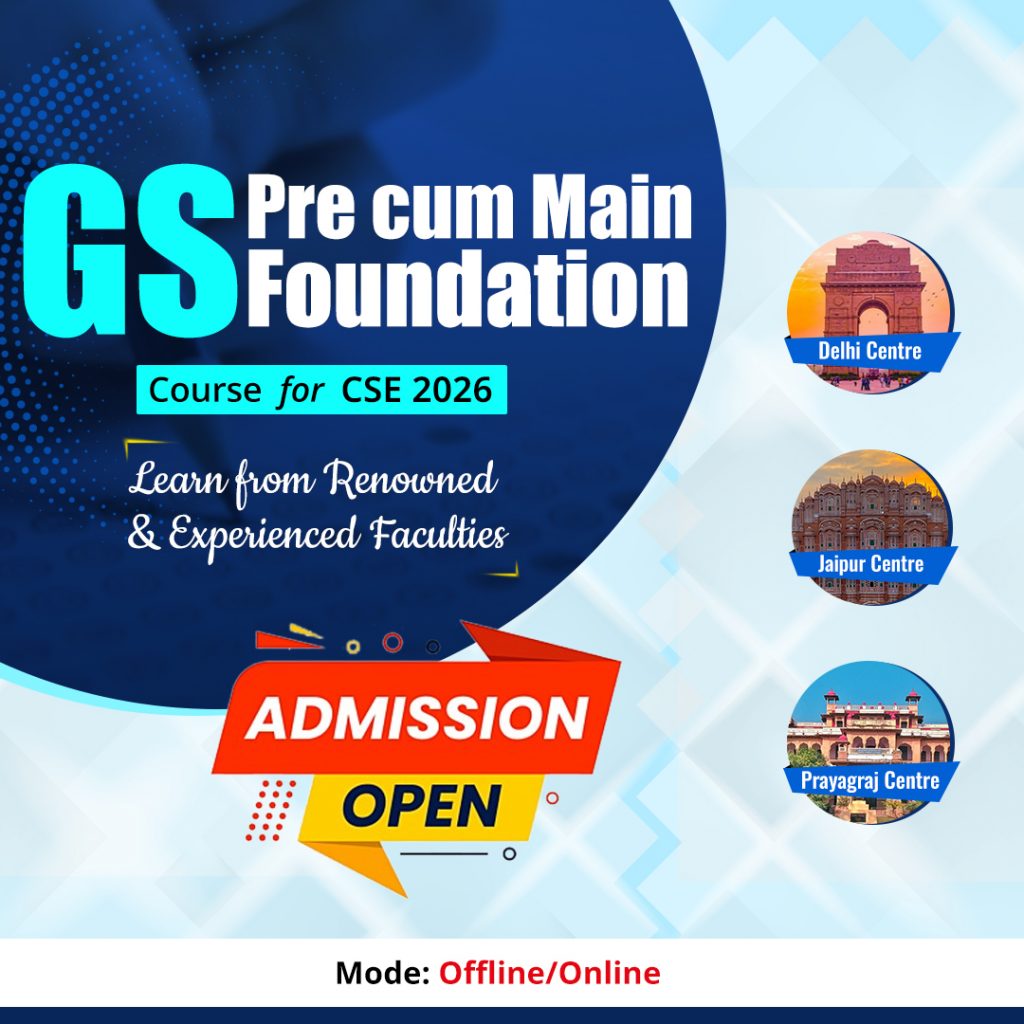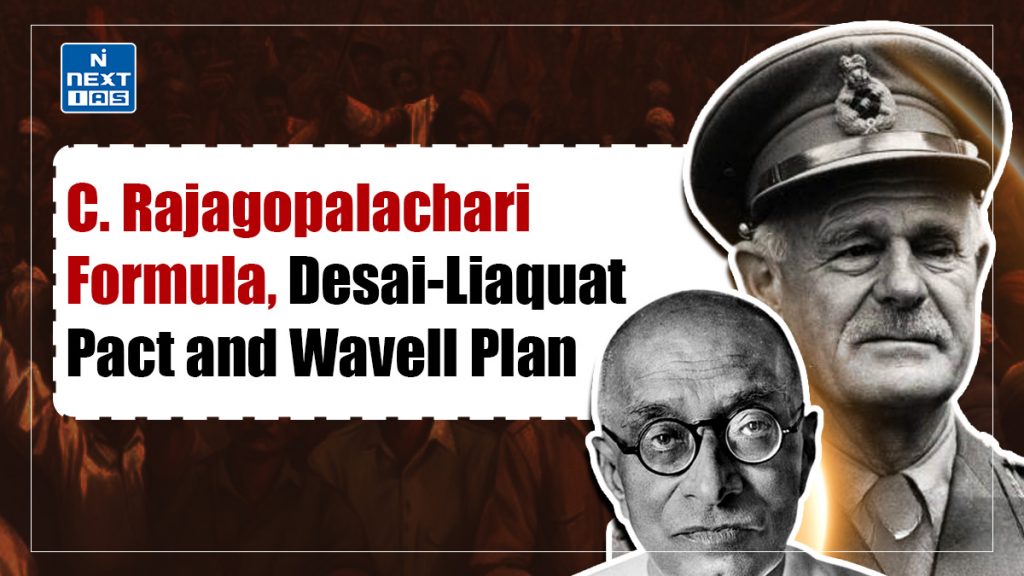
The C. Rajagopalachari Formula sought to resolve the Congress-Muslim League deadlock through plebiscites, the Desai-Liaquat Pact proposed equal representation in an interim government, and the Wavell Plan aimed to restructure the Viceroy’s Executive Council with Indian leaders. This article aims to study in detail the C. Rajagopalachari Formula, Desai-Liaquat Pact, and Wavell Plan and their role in shaping India’s historical trajectory.
About Post-Quit India Movement
- The post-Quit India Movement era witnessed significant constitutional deadlocks, numerous plans and counter-plans, and prolonged negotiations that eventually culminated in the partition of India and the birth of two independent nations.
- This period also marked the gradual acceptance of the idea of partition, necessitating a detailed analysis to understand the events leading to India’s division.
Read our detailed article on the Quit India Movement.
C. Rajagopalachari Formula
- The C. Rajagopalachari Formula, also known as the C.R. Formula or Rajaji Formula, was an initiative by Congress leader Chakravarti Rajagopalachari to resolve the constitutional crisis between the Indian National Congress (INC) and the All India Muslim League.
- The plan aimed to bridge the divide over independence from British rule.
Main Points of C.R. Formula
- The Muslim League would endorse India’s demand for independence and cooperate with Congress to form a Provisional Interim Government for a transitional period.
- Post-World War II, a commission would demarcate districts with a Muslim majority, where plebiscites would determine whether those areas should form a separate nation.
- All parties would be allowed to express their views before the plebiscite.
- In the event of partition, mutual agreements safeguard essential services like defence, communication, and commerce.
- Any population transfer would be strictly voluntary.
- These provisions would come into effect only after Britain fully transferred power to the Government of India.
While Mahatma Gandhi supported the formula, many within the INC criticised it as a tacit acceptance of the League’s demand for partition based on religion. Leaders like Vir Savarkar and Syama Prasad Mookerjee also opposed the plan.
Jinnah’s Objections
- Only Muslims should decide on partition in the plebiscite, excluding non-Muslims.
- The INC must accept the League’s demand for Pakistan before cooperation.
- Jinnah opposed the idea of a common center.
Ultimately, the plan failed due to these irreconcilable differences.
Desai-Liaquat Pact
This informal agreement between Bhulabhai Desai (Congress) and Liaquat Ali Khan (Muslim League) aimed to end the deadlock. It was not an official negotiation but an attempt by individuals to form a consensus.
Main Points of Desai-Liaquat Pact
- Congress and the League would nominate an equal number of members to the central legislature.
- Twenty percent of seats would be reserved for minorities (e.g., Sikhs and Scheduled Castes).
- The government would function under the Government of India Act, 1935.
- Though both parties denied involvement after the press exposed the pact, it underscored the principle of parity between the Congress and the League, a concept with far-reaching consequences.
Gandhi-Jinnah Talks
Held in September 1944 at Jinnah’s Mumbai residence, these talks were based on the C.R. Formula.
Outcomes of Gandhi-Jinnah Talks
- Jinnah rejected the formula, insisting on the partition resolution before cooperation.
- He opposed non-Muslims voting in plebiscites to determine whether Muslim-majority provinces should join Pakistan.
- Jinnah demanded Gandhi’s acceptance of the two-nation theory, which Gandhi rejected, maintaining that Muslims were not a separate nation within India.
- These ideological differences led to a failure to break the deadlock.
Wavell Plan
Lord Wavell, the Viceroy, proposed the Wavell Plan to resolve constitutional issues, convening the Shimla Conference in 1945 to present it.
Main Points of Wavell Plan
- The Viceroy’s Executive Council would be reconstituted with Indians, except for the Viceroy and Commander-in-Chief.
- Equal representation for high-caste Hindus and Muslims, along with other minorities, in the Council.
- The interim government would function under the Government of India Act of 1935.
- The Governor-General would use his veto on the advice of ministers.
- An Indian member would handle Foreign Affairs, while trade matters remained under a British commissioner.
- Defence would stay under British control until the power transfer.
- Political leaders would jointly nominate council members; failing this, separate lists would be submitted.
Reasons for Failure of Wavell Plan
- The Muslim League demanded sole representation of Muslims, a condition the Congress opposed, as it would recognize the League as the sole representative of Indian Muslims.
- Wavell’s announcement of the breakdown of talks gave the League undue leverage, bolstering Jinnah’s position.
Post-World War National Upsurge
The lifting of the ban on the Congress and the release of its leaders in June 1945 revealed a populace eager for action. Despite severe repression during the Quit India Movement, the public’s spirit remained unbroken.
Reasons for Change in British Attitude
- Global power dynamics: The USA and USSR, now superpowers, supported Indian independence.
- Labour Government: The newly elected Labour Government in Britain was sympathetic to India’s cause.
- Weakened British Army: Post-war, the British Indian Army was exhausted and less capable of handling another mass movement.
- Elections: Last held in 1934 (centre) and 1937 (provinces), elections became unavoidable. Elections in late 1945 saw political parties rallying against colonial rule, highlighting issues such as the Quit India Movement repression, INA trials, and the misuse of Indian troops in Vietnam and Indonesia to aid colonial regimes.
Conclusion
Numerous plans, intense negotiations, and the persistence of deadlocks between the INC and the Muslim League marked the post-Quit India period. While efforts like the C.R. Formula, Desai-Liaquat Pact, Gandhi-Jinnah Talks, and Wavell Plan aimed to resolve constitutional crises ultimately failed due to ideological and political differences. However, these events played a crucial role in shaping India’s path to independence and the eventual partition.
Frequently Asked Questions (FAQs)
What is the C. R. Formula?
The C. R. Formula, proposed by C. Rajagopalachari in 1944, was a plan to resolve the political deadlock between the Indian National Congress and the Muslim League. It suggested that the Muslim-majority areas could hold a plebiscite to decide on the formation of a separate nation (Pakistan) after India gained independence, provided there was a mutual agreement on defense, commerce, and communication.
What was the Wavell Plan?
The Wavell Plan, introduced by Viceroy Lord Wavell in 1945, aimed to resolve political tensions in British India by reconstituting the Viceroy’s Executive Council to include an equal number of Hindus and Muslims, excluding the Viceroy and the Commander-in-Chief. The plan failed as Indian political parties could not reach a consensus.
What was the main purpose of the Gandhi-Jinnah talks?
The main purpose of the Gandhi-Jinnah talks in 1944 was to negotiate a solution to the political deadlock between the Congress and the Muslim League regarding the demand for Pakistan. However, the talks failed as Gandhi and Jinnah could not agree on the terms of partition and the future structure of independent India.
